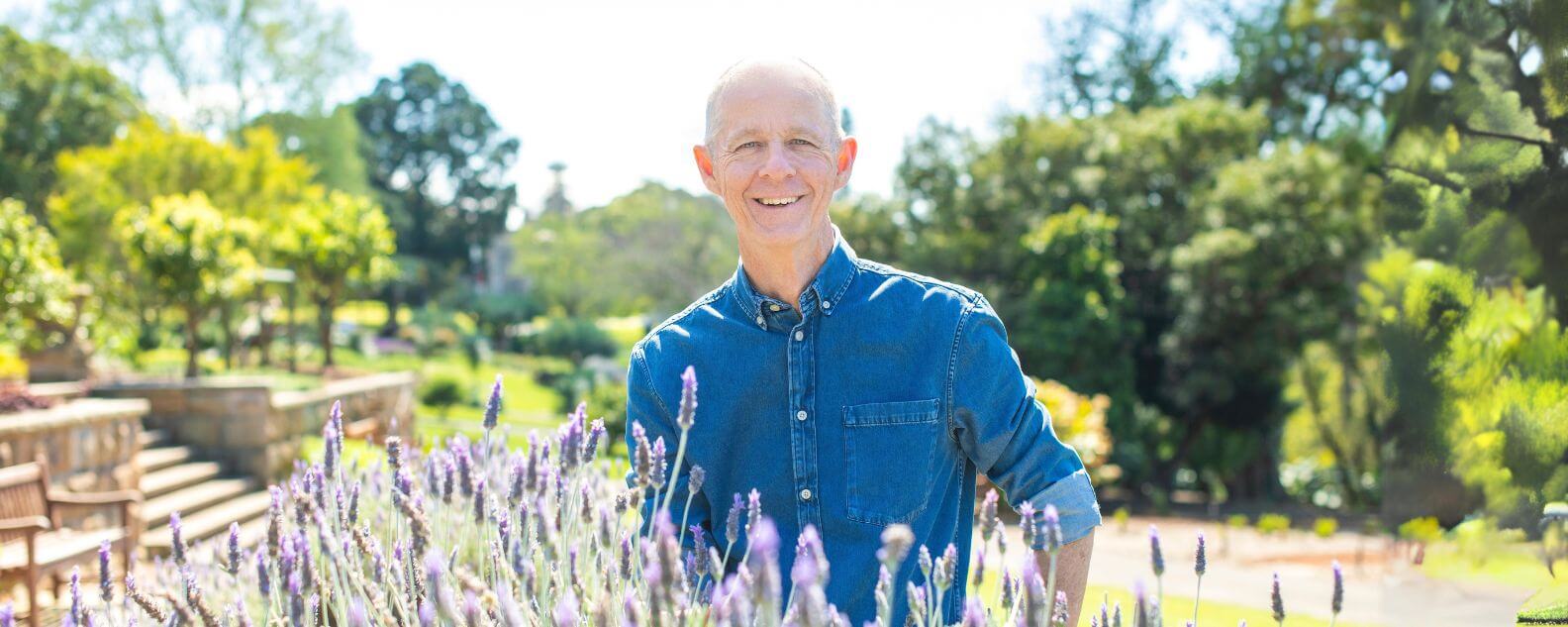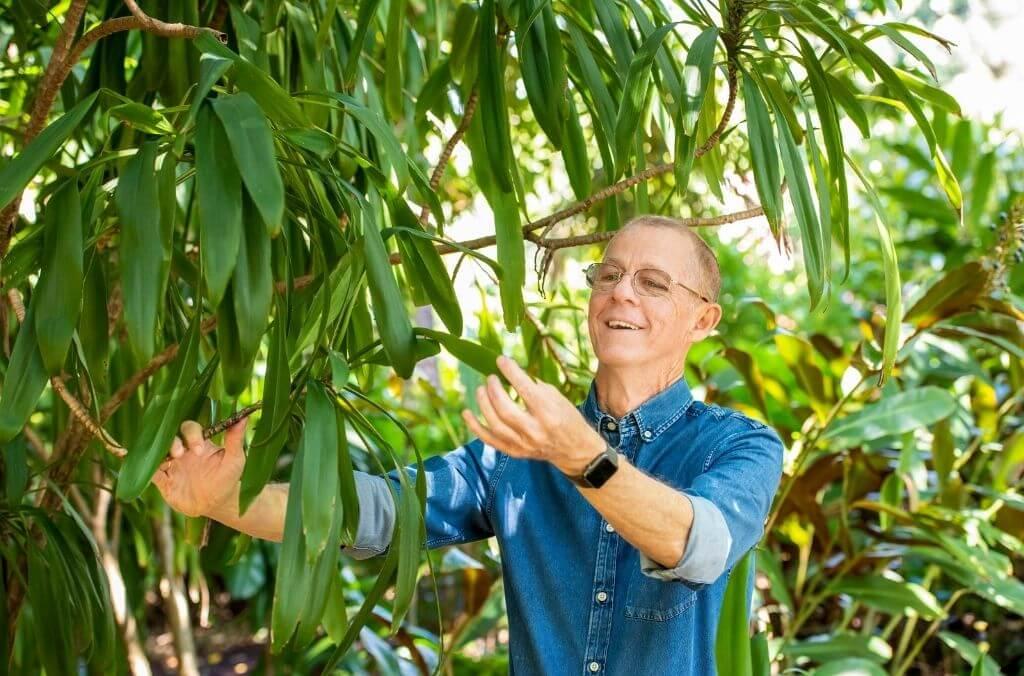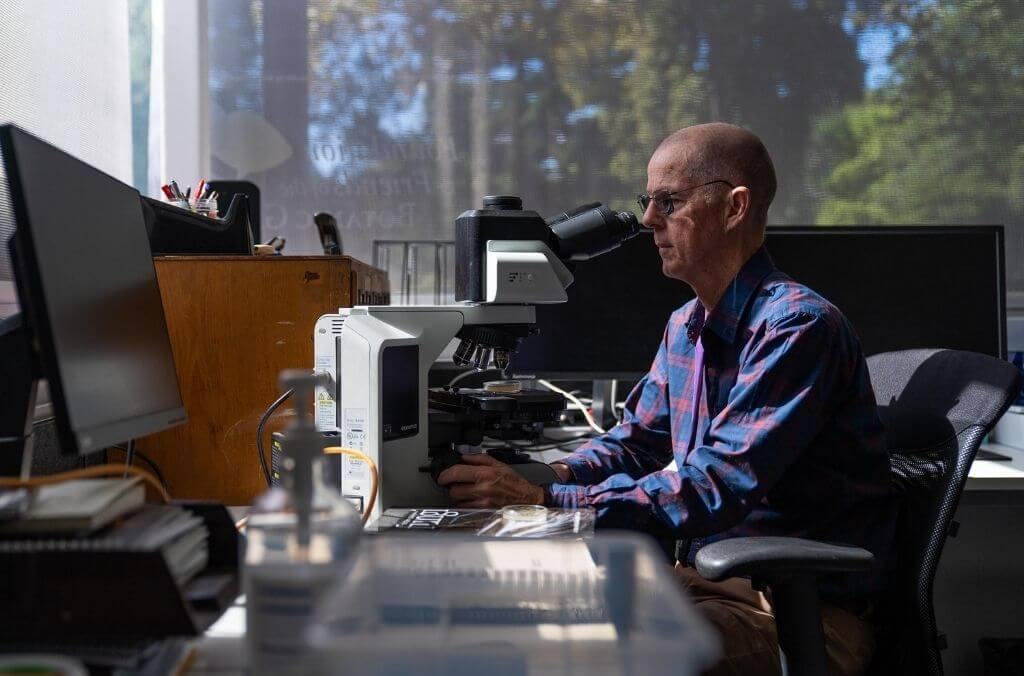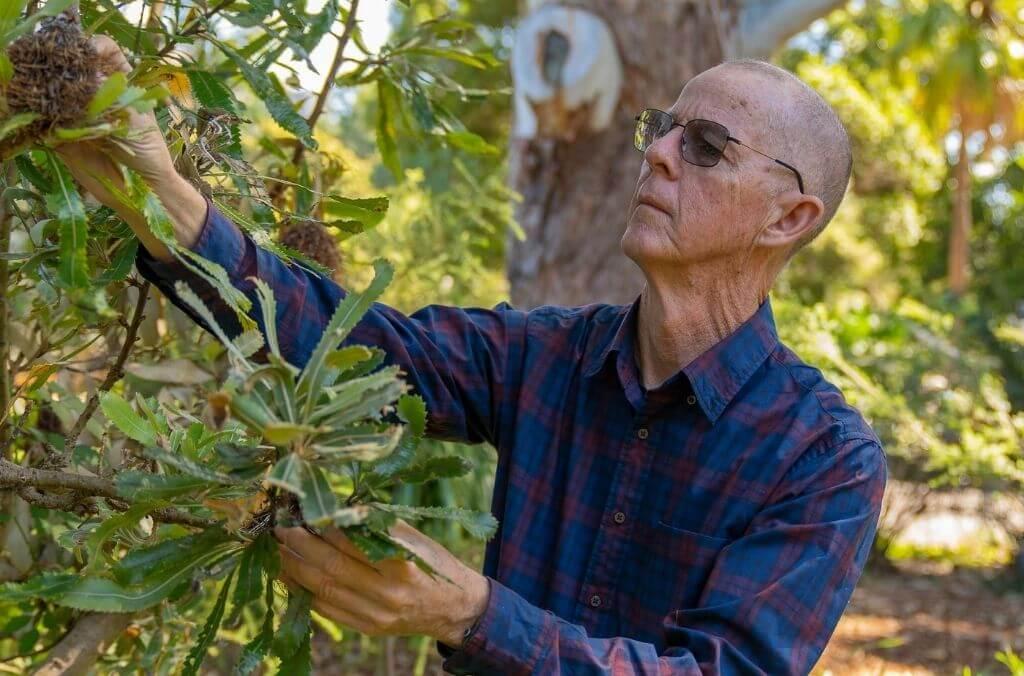Brett Summerell
Chief Scientist & Director Science, Education and Conservation

As Chief Scientist & Director Science, Education and Conservation, Professor Brett Summerell is championing the conservation of plants and all life that depends on them.
He has been performing vital scientific research for over 30 years and leading a team of world-class plant scientists for nearly 20 years at Australia’s oldest living continuous scientific institution.
Brett is a plant pathologist and fungi expert and has helped describe over 120 new species of fungi and published over 150 journal articles, books and book chapters. He is considered one of the world's foremost experts on the deadly Fusarium pathogen, which can wreak havoc on our food crops and native plants. He also provides senior scientific advice to government and other industry bodies and is mentoring and inspiring the next generation of plant scientists.
Brett has been collecting fungi and plants his entire life and has always enjoyed getting out into the Australian bush. It was this enthusiasm that led him to study a Bachelor of Agricultural Science at the University of Sydney in 1985 where he also won the University Medal as the top ranked student in that year.
In 1988 he received his PhD at the University of Sydney and one year later in 1989, Brett began his career at the Gardens as a Plant Pathologist - researching and understanding fungi that cause diseases in Australian plants.
In 2004 Brett became the Director of Science and Conservation and has successfully led over 100 scientists, students, volunteers and support staff in the Science division. He has continued and improved upon the Garden’s legacy of studying, documenting and protecting plant life for over 200 years and helped establish vital scientific facilities such as PlantClinic, the Australian PlantBank and the National Herbarium of New South Wales.
In the News
- Potential antidote found for toxin in world’s most poisonous mushroom - 2023, read here
Slave traders’ names are still stamped on native plants. It’s time to ‘decolonise’ Australia’s public gardens - 2022, read here
Likely a nightshade’: Australians urged not to seek out spinach products for recreational high - 2022, read here
Another wet Sydney summer isn’t just bleak — it could wipe out entire species - 2022, read here


